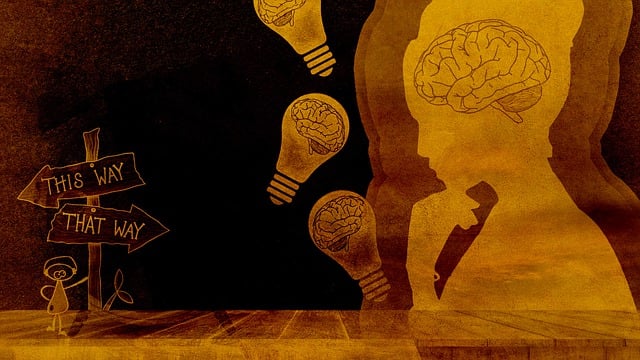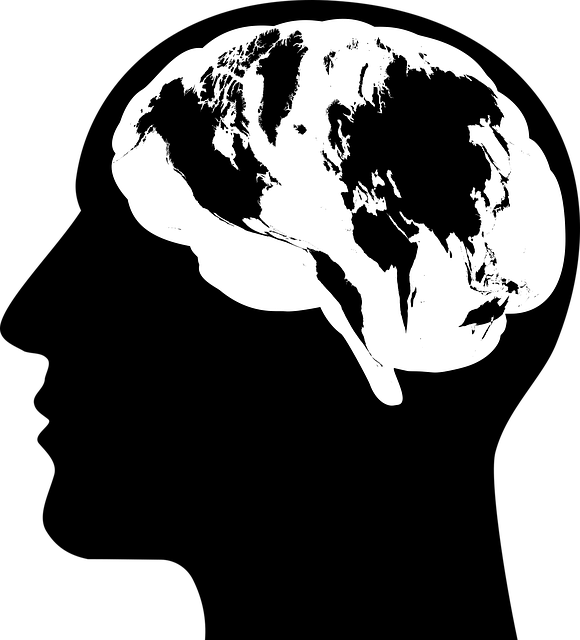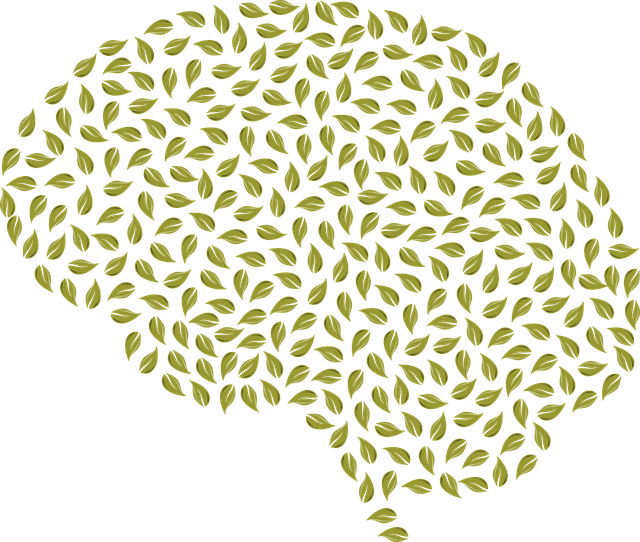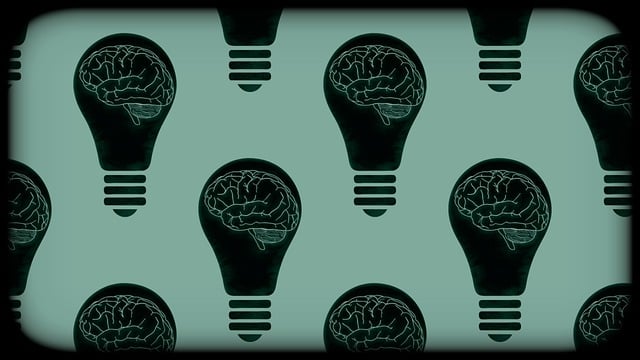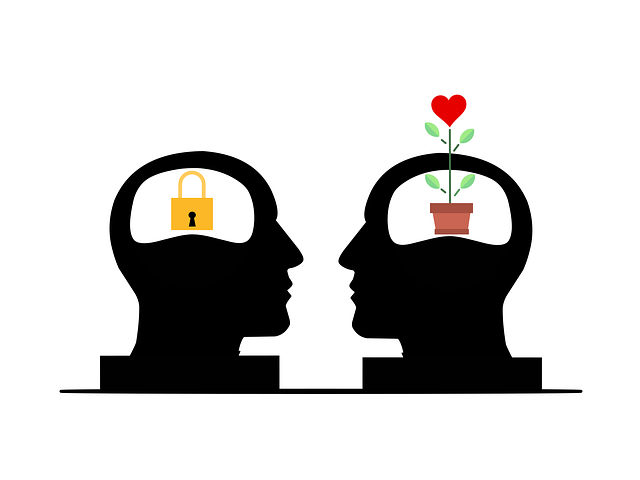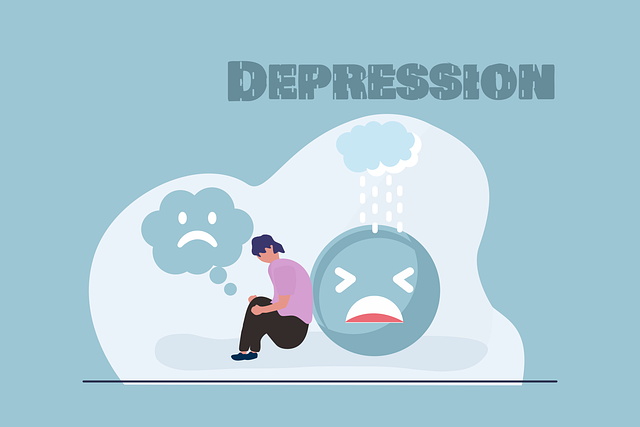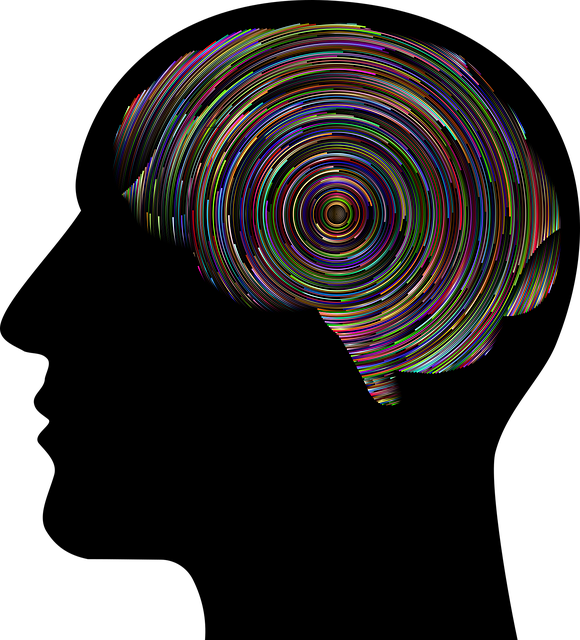Lone Tree Anger Management Therapy employs a multi-faceted approach to evaluate its mental wellness programs, combining quantitative KPIs like reduced anger episodes with qualitative assessments through interviews, focus groups, and self-reported surveys. This method ensures continuous improvement and adaptability to participants' needs, fostering sustainable mental wellness. By prioritizing participant feedback and using it to refine approaches, the therapy center offers tailored support for unique mental health journeys, including depression prevention and social skills training. Long-term tracking of outcomes assesses the sustainability and resilience of implemented strategies, ensuring positive changes persist and serve as a foundation for ongoing well-being.
Mental wellness programs are essential for fostering resilience and improving quality of life, yet evaluating their effectiveness can be challenging. This article explores robust evaluation methods for assessing the impact of such initiatives, using Lone Tree Anger Management Therapy as a case study. We delve into assessing program effectiveness through established metrics, understanding participant feedback to enhance continuous improvement, and examining long-term impacts to ensure sustainability in mental wellness outcomes.
- Assessing Program Effectiveness: Methods and Metrics
- Participant Feedback and Experience: Voice and Perception
- Long-term Impact and Sustainability: Tracking Mental Wellness Outcomes
Assessing Program Effectiveness: Methods and Metrics

Evaluating the effectiveness of a mental wellness program is a multifaceted process that goes beyond mere satisfaction surveys. At Lone Tree Anger Management Therapy, for instance, we employ a combination of quantitative and qualitative methods to assess the impact of our programs on participants’ lives. This includes tracking key performance indicators (KPIs) such as reduced anger episodes, improved emotional regulation skills, and enhanced coping mechanisms over defined periods.
Metrics like these are complemented by in-depth interviews, focus groups, and self-reported surveys focusing on resilience building, self-esteem improvement, and compassion cultivation practices. These methods allow for a holistic understanding of program effectiveness, capturing both observable changes and subjective improvements. By integrating such diverse evaluation techniques, Lone Tree Anger Management Therapy ensures that its programs are continually refined to meet the evolving needs of participants, fostering sustainable mental wellness.
Participant Feedback and Experience: Voice and Perception

In any mental wellness program evaluation, understanding participant feedback and experiences is paramount. At Lone Tree Anger Management Therapy, we believe that every individual’s journey to mental wellness is unique. Thus, collecting their voices and perceptions offers invaluable insights into the effectiveness of our programs. This qualitative data provides a nuanced view of how participants feel about their interactions with our services, from the comfort they experience in group settings to the practical applications of learned skills in daily life. By encouraging open dialogue, we can tailor our approaches to better serve those seeking support for issues such as depression prevention and social skills training.
Through various methods like surveys, focus groups, and one-on-one interviews, participants share their Mental Wellness Journaling Exercise Guidance experiences, highlighting aspects that resonated with them and areas where improvement is needed. This feedback loop allows us to refine our techniques, ensuring we remain responsive to the evolving needs of our clientele. At Lone Tree Anger Management Therapy, we are committed to fostering an environment where individuals feel heard, respected, and empowered, ultimately enhancing their mental wellness journey.
Long-term Impact and Sustainability: Tracking Mental Wellness Outcomes

The long-term impact of mental wellness programs is a critical aspect that sets effective interventions apart from mere fleeting solutions. Tracking outcomes beyond the initial stages offers valuable insights into the sustainability and resilience of implemented strategies. By evaluating the persistence of positive changes, professionals can assess whether the program has truly addressed the root causes of mental health concerns within an individual or community. This is particularly relevant in cases like Lone Tree Anger Management Therapy, where long-term tracking might reveal improved emotional regulation and reduced aggressive outbursts over months or even years.
Sustainable mental wellness initiatives are those that integrate into everyday life, fostering a sense of self-care and resilience. Professionals should consider risk management planning to ensure these programs can be maintained over time. This includes implementing trauma support services and burnout prevention strategies for both clients and care providers. By adopting such approaches, the likelihood increases that the positive outcomes observed will not only persist but also serve as a foundation for further growth and overall well-being.
Evaluating mental wellness programs like Lone Tree Anger Management Therapy requires a multifaceted approach. By combining assessment of program effectiveness through robust metrics, understanding participant feedback and experiences, and tracking long-term impacts, we can ensure these initiatives foster genuine, sustainable mental wellness outcomes. Each component is essential in gauging success and identifying areas for improvement, ultimately leading to more impactful and resilient support systems.

